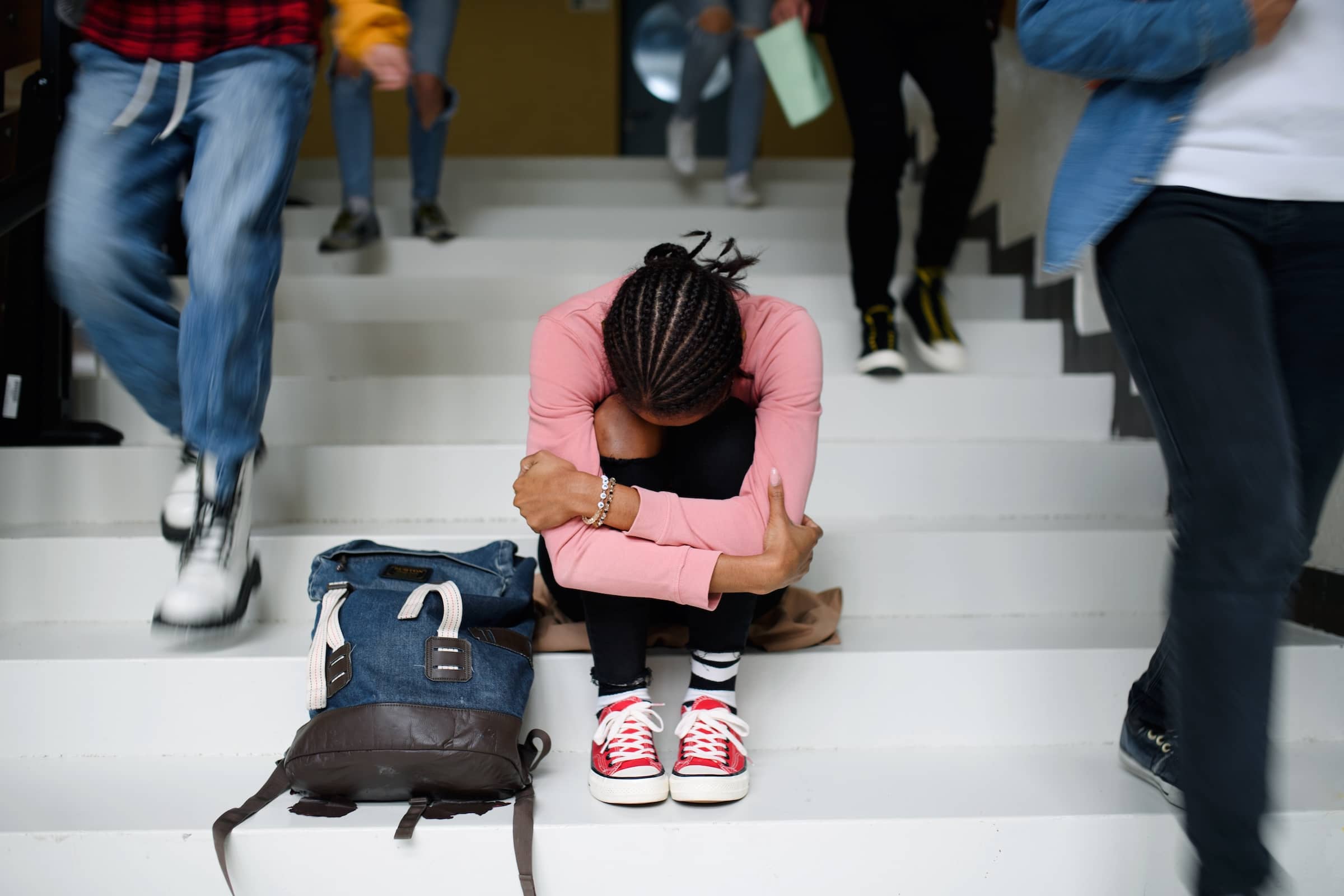It turns out that loneliness isn’t just for the elderly anymore. New data shows that over two-thirds of young people are feeling lonely at least some of the time.
Surprising? Maybe not. In an age where social media gives the illusion of constant connection, the reality for many young people is quite different. They’re more likely to feel isolated than ever before. So, what’s going on here?
Paul Guess, a mental wellbeing expert at caba, sheds light on this growing issue and offers some practical advice for those struggling with loneliness.
“While our ageing population has been linked as one of the factors of social isolation, experiencing loneliness is much more common than you may think and can impact people of all ages,” says Guess.
Loneliness can be triggered by all sorts of things—bereavement, changes in living or working conditions, or even ill health.
These aren’t just little bumps in the road; they can feel like major roadblocks, cutting you off from the people and routines that usually keep you grounded.
And the fallout from loneliness? It’s not just emotional. “Experiencing loneliness can also increase the likelihood of anxiety and needing help with depression if we don’t take steps to overcome these feelings,”
Guess warns. “It can also impact our physical health by disrupting our sleep with insomnia or needing too much sleep.”
But all hope is not lost. The key is recognizing when you’re feeling lonely and taking steps before it spirals out of control.
“Although the amount of social interaction needed varies from person to person, it’s important to recognise when we’re feeling lonely so we can take steps to connect with others and prevent it from developing into chronic loneliness,” Guess advises.
That might sound easier said than done, especially if you’re already feeling isolated. The thought of reconnecting with people can feel overwhelming.
But Guess encourages taking that leap. “Try to keep in touch with the people in your life or think about ways to reconnect with old friends and acquaintances.
Making the first move may be daunting, but taking active steps to reacquaint with friends can bring so much joy and boost your self-confidence.”
And if you’re hesitant to share your feelings of loneliness with someone, know that you’re not alone in feeling that way.
“You may feel too embarrassed to tell somebody you’re feeling lonely, but it’s important to remember you’re not the only person to feel this way and bottling up your feelings won’t make you feel any better.
Although it may be difficult to talk about your situation, there’s no shame in feeling lonely,” Guess reassures.
“Finding the courage to open up to others and explore the different ways to build up your social networks can really help in so many ways and prevent loneliness from becoming a serious issue.”
The bottom line? Loneliness is a part of life that we all face at some point, but it doesn’t have to be a permanent fixture.
With a little courage and some proactive steps, you can reconnect with the world around you and find your way back to feeling like yourself again.





